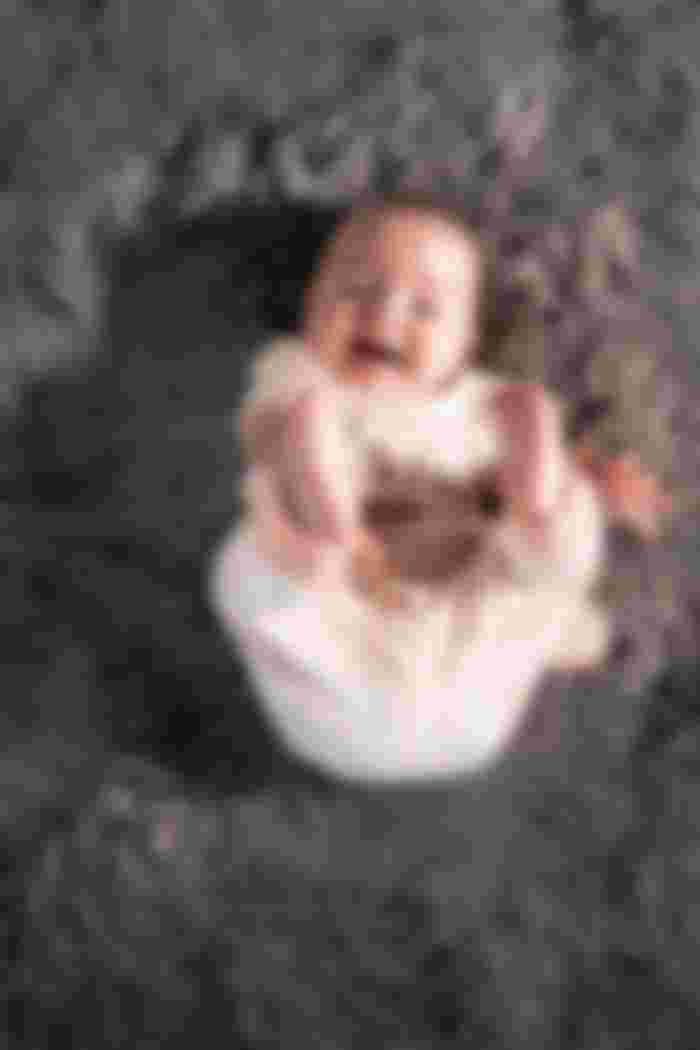Children's teeth revolve around a lot of misinformation, and mothers pass it on without knowing it. Here is a correction of the most common myths

When talking about children's health begins, all mothers pay attention, because our children are the most valuable thing we have, and we always strive to preserve them, but the reality is that there is false information that we do not pay attention to as a result of repeated repetition from relatives and becomes the truth, and therefore some may not pay attention to make sure the correctness of all the information about the health of our children, especially Children's dental health, which opens the door to the spread of myths about children's teeth. On the other hand, some mothers increase their awareness by starting to ask questions.
To summarize yourself, here are the most famous myths about children's teeth and their truth, which were confirmed by a group of pediatric dentists.
Myth 1: Teeth are changed twice
This is not true. Children's teeth are replaced once, from the age of five to seven years.
Myth 2: Fires cause or prevent switch time problems
This is not true, the cowl is placed over the tooth, so it becomes a part of it, so the body deals with it normally, so that - at the time of switching - the tooth moves with the cowl without any problem.
Myth 3: that children's milk teeth do not contain nerves
This is not true, as the dental nerves are responsible for supplying the teeth with blood, food and sensation, and without a nerve a tooth is very dead and weak, and if there is no nerve in it, how can it hurt and feel it if decay occurs? Children's teeth have nerves like adults.
Myth 4: The death of the nerve of the primary teeth affects the nerve of the permanent teeth
This is not true, as the nerves of the primary teeth are separate from the permanent teeth.
Myth 5: As long as the child does not eat sweets, his teeth will not be decayed
This is not true, sugars are present in food (honey, dried fruits and sugar in juices) and the accumulation of food and tartar on children's teeth without cleaning sufficient causes of decay.
Myth 6: Baby toothpaste is better for babies
This is not true, some brands of children's toothpaste do not contain enough fluoride to prevent dental caries, you must choose a toothpaste that contains fluoride at least 1000 parts per million (ppm), you can read the packaging to see that it contains an adequate amount Of fluoride.
Myth 7: There is no need to brush milk teeth
This is not true, although the child loses his milk teeth later, but they must be brushed. The child's teeth must be cleaned twice a day from the moment in which his first tooth erupts in order not to be exposed to the decay of breastfeeding that occurs as a result of the accumulation of breast milk on them, the mother can wipe Teeth with a damp gauze pad after each meal, especially before bed, and beware, as feeding formula milk makes your child more susceptible to breastfeeding decay.
Myth 8: Milk teeth will be replaced, so there is no need to treat them
Milk teeth are very important for the child, as they are not just teeth that will be replaced and others will come out, especially since he may use them until the age of twelve.
With a problem in the milk teeth, it negatively affects both general health or the health of permanent teeth, as in the event of a caries the child finds it difficult to chew food well, which affects digestion and stomach problems.
The front milk teeth help in speaking and speaking, and with a problem in them (fracture and erosion with time or dislocated), it negatively affects the pronunciation of letters and it is possible that they grow with the child and continue with him.
The ninth myth: There is no need for a place keeper after khula '
This is not true, by removing the teeth as a result of negligence, healthy teeth begin to have distances converging to each other, reducing the space in the jaw, which causes permanent teeth to remain stuck in the jaw bones or appear out of place, which makes the child suffer from inconsistency in the shape of his teeth.
Myth 10: Teeth appear early, indicative of a child's intelligence
This is not true, one of the most famous myths, it does not mean early teething, the progress of the child's awareness and increase of his intelligence, you should know well, that there is no relationship between the timing of teething and the development of the child's cognitive side.
Myth eleven: Delayed teething means a weak child
The first natural teething starts from the age of (6) months and sometimes it starts at an early stage at four months, and it may be delayed to nine months, but its delay to the age of ten months is an indication of a health problem and not weakness, so nutrition is not the solution, refer to the doctor; Because there are genetic reasons that do not cause concern, but there are some pathological causes, such as tumors, the growth of a tooth over another tooth, or thickening of the gums that need to be treated by the doctor.
Myth 12: As long as the tooth does not hurt after treating the nerve, there is no need for a fez
this is not true; Because after nerve treatment, the tooth is weak, prone to fracture, and in need of protection.
In the end, motherhood is a great responsibility, you have to be careful with every information and make sure of it, and in health matters always refer to consulting a specialist doctor.

You are a great writer. I am your big fan.